Indie Artists
Spotify Faces Artist Exodus as Musicians Protest CEO’s Defense Tech Investments
The Recording Industry Association of America reports that streaming remains the primary driver of global music revenue; however, a 2024 MusiCares survey revealed that 69% of musicians can’t cover expenses solely from music work. For many artists, leaving Spotify may hurt short-term revenue but aligns with long-term values of artistic integrity, ethical responsibility, and sustainability.
Spotify, the world’s largest music streaming platform with nearly 700 million users, is facing a growing backlash from musicians. Over the summer, bands including Deerhoof, Xiu Xiu, King Gizzard & the Lizard Wizard, Hotline TNT, The Mynabirds, and Kadhja Bonet announced they were removing their music from the service. Their collective protest stems from concerns about Spotify CEO Daniel Ek’s ties to Helsing, an AI-powered defense technology company.
The Helsing Connection
Through his venture capital firm Prima Materia, Ek has invested heavily in Helsing, committing over $100 million in 2021 and raising another $700 million in June 2025. Now serving as Helsing’s chairman, Daniel Ek has positioned the company to produce AI-driven drones, aircraft, and submarines, citing the role of advanced technologies in modern conflicts like Russia’s war on Ukraine.
For artists like Deerhoof, this was a breaking point. In their public statement, the band declared, “We don’t want our music killing people. We don’t want our success tied to AI battle tech.”
Beyond Defense Tech: Longstanding Criticism
While Daniel Ek’s defence tech Helsing investments sparked this latest boycott, musicians’ frustration with Spotify isn’t new.
-
Low royalties: Many artists argue that Spotify’s pro-rata payout system benefits the most-streamed acts while leaving independent artists behind.
-
Sound quality: Jamie Stewart of Xiu Xiu criticized the platform’s compressed audio and “disposable” culture of listening.
-
Exclusivity controversies: Past protests include Thom Yorke, Taylor Swift, and Neil Young, who left the platform over royalties and misinformation before eventually returning.
Despite Spotify paying a record $10 billion to the music industry in 2024, indie musicians say the system still fails them financially.

Daniel Ek, through venture capital firm Prima Materia, has invested heavily in Helsing
Alternatives on the Rise
Artists are now experimenting with alternative models:
-
Kadhja Bonet vowed not to release music on Spotify, Apple, or YouTube, instead directing fans to Bandcamp and Qobuz.
-
Hotline TNT found success in direct sales, earning more from one 24-hour Bandcamp push than months of Spotify streams.
-
Caroline Rose bypassed streaming entirely, selling her 2025 album year of the slug directly at shows and through Bandcamp, calling it her “most profitable record to date.”
These approaches highlight a return to ownership-based models—physical sales, digital downloads, and direct-to-fan engagement—over the “rental” system of streaming.
View this post on Instagram
The Recording Industry Association of America reports that streaming remains the primary driver of global music revenue; however, a 2024 MusiCares survey revealed that 69% of musicians can’t cover expenses solely from music work. For many artists, leaving Spotify may hurt short-term revenue but aligns with long-term values of artistic integrity, ethical responsibility, and sustainability.
As Deerhoof put it: “We know when enough is enough.”


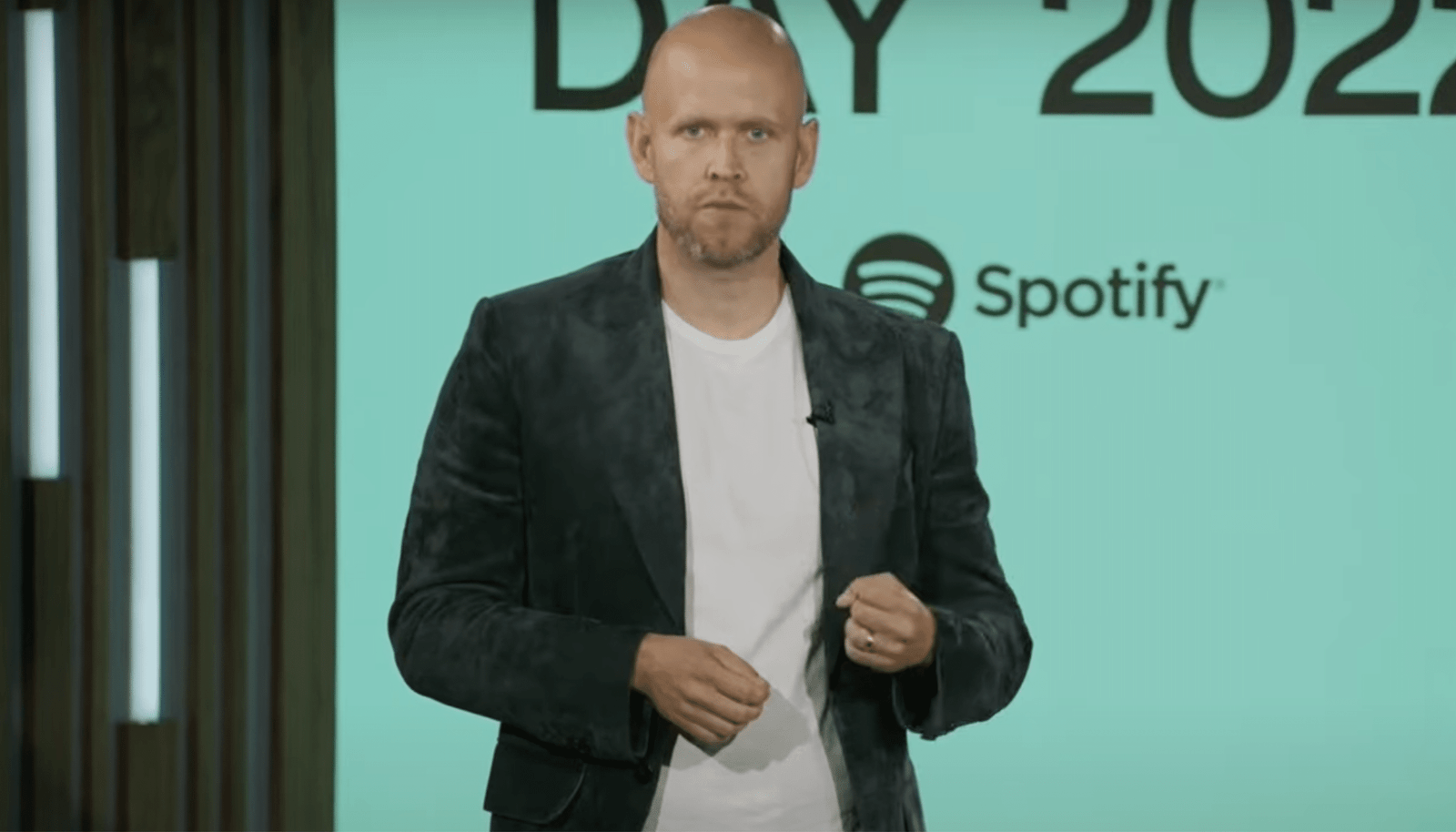
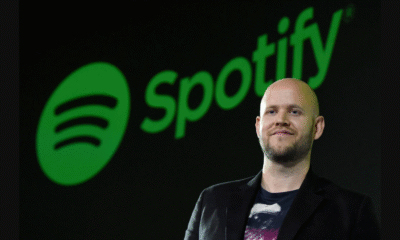
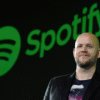






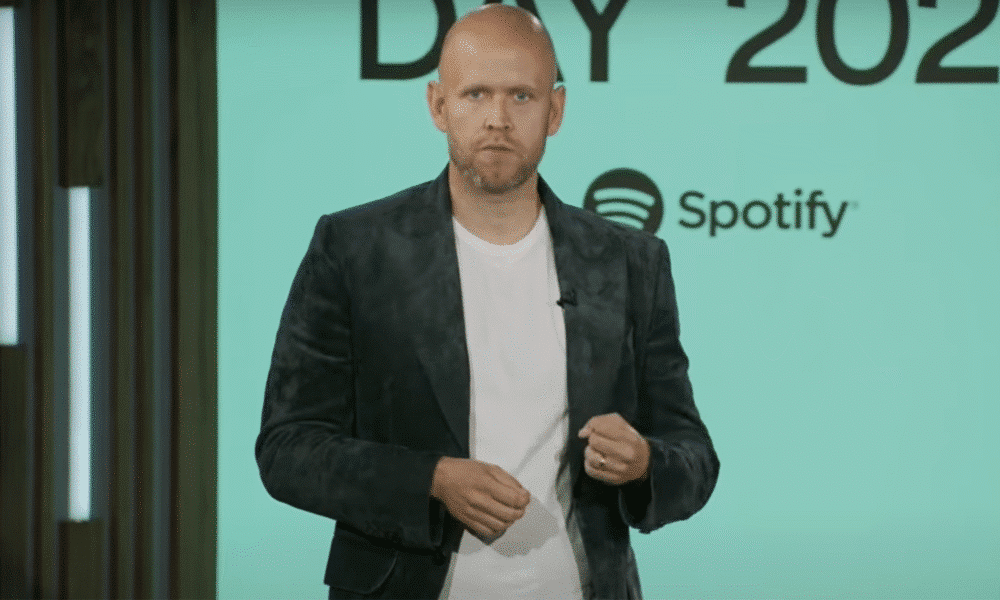

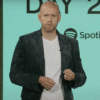

































Pingback: Spotify's Daniel Ek to Hand Over CEO Role: Is It for Helsing?